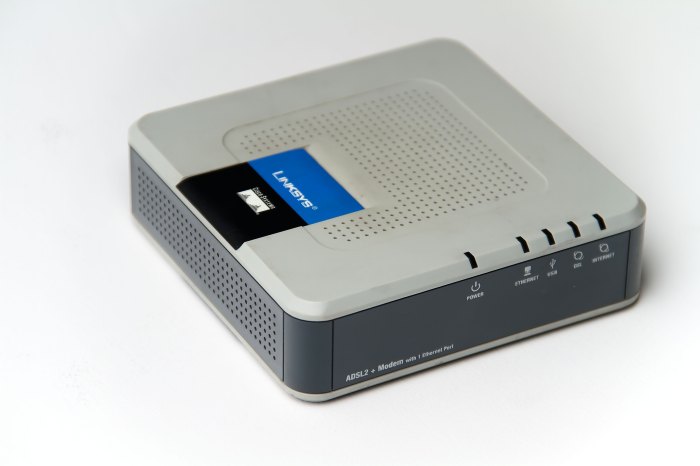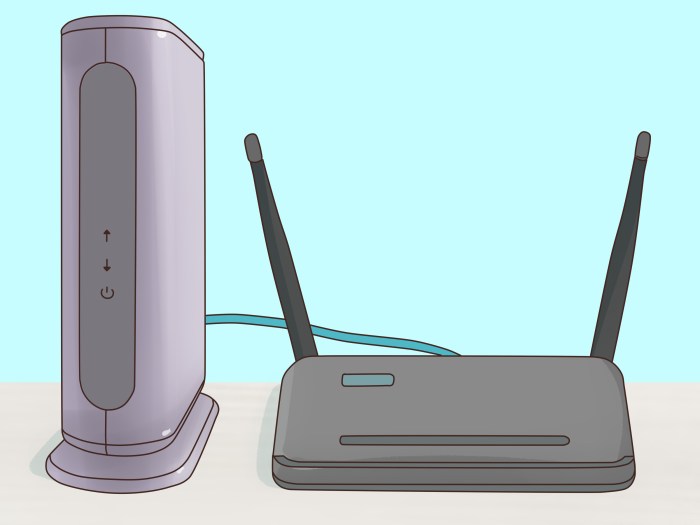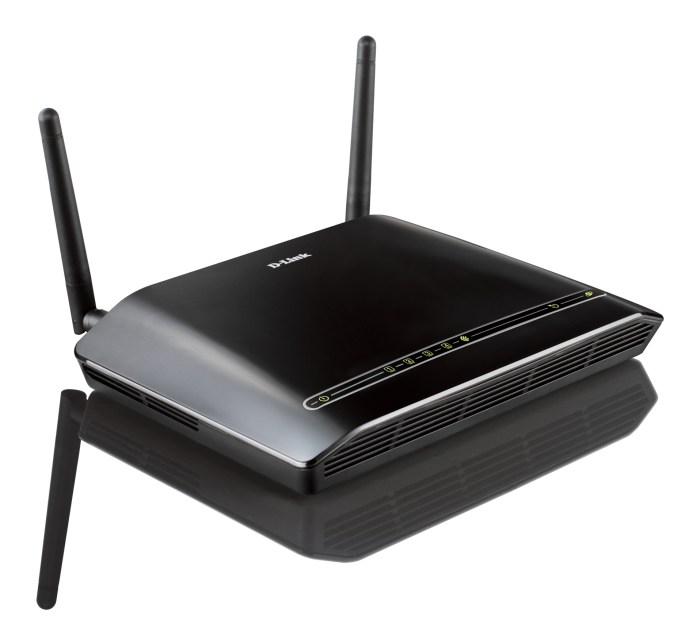Individual internet users connect to ISPs through a variety of means, each with its own advantages and disadvantages. This article will explore the different types of ISPs available to individual users, the methods used to connect to them, and the benefits and challenges associated with each option.
From dial-up connections to fiber optic networks, the evolution of ISP technology has transformed the way we access the internet. Understanding the intricacies of ISPs empowers individual users to make informed decisions about their connectivity needs, ensuring a seamless and secure online experience.
Individual Internet Users Connect to ISPs through a
Individual internet users can connect to the internet through a variety of Internet Service Providers (ISPs). ISPs provide the infrastructure and services that allow users to access the internet, such as dial-up, DSL, cable, fiber optic, and satellite connections.
Each type of ISP has its own advantages and disadvantages. Dial-up connections are the slowest and least reliable, but they are also the most affordable. DSL connections are faster and more reliable than dial-up, but they are also more expensive.
Cable connections are faster than DSL, but they can be more expensive and less reliable. Fiber optic connections are the fastest and most reliable, but they are also the most expensive. Satellite connections are available in areas where other types of connections are not, but they can be slow and expensive.
Examples of ISPs, Individual internet users connect to isps through a
- AT&T
- Verizon
- Comcast
- Charter Spectrum
- Cox Communications
How Individual Internet Users Connect to ISPs

Individual internet users can connect to ISPs using a variety of methods, including dial-up, DSL, cable, fiber optic, and satellite connections.
Dial-up connections use a modem to connect to an ISP over a telephone line. DSL connections use a modem to connect to an ISP over a digital subscriber line (DSL). Cable connections use a cable modem to connect to an ISP over a cable television line.
Fiber optic connections use a fiber optic modem to connect to an ISP over a fiber optic cable. Satellite connections use a satellite dish to connect to an ISP over a satellite.
Each method of connecting to an ISP has its own advantages and disadvantages.
- Dial-up connections are the slowest and least reliable, but they are also the most affordable.
- DSL connections are faster and more reliable than dial-up, but they are also more expensive.
- Cable connections are faster than DSL, but they can be more expensive and less reliable.
- Fiber optic connections are the fastest and most reliable, but they are also the most expensive.
- Satellite connections are available in areas where other types of connections are not, but they can be slow and expensive.
To connect to an ISP using a dial-up connection, you will need a modem and a telephone line. To connect to an ISP using a DSL connection, you will need a modem and a DSL line. To connect to an ISP using a cable connection, you will need a cable modem and a cable television line.
To connect to an ISP using a fiber optic connection, you will need a fiber optic modem and a fiber optic cable. To connect to an ISP using a satellite connection, you will need a satellite dish and a satellite receiver.
Benefits of Connecting to an ISP: Individual Internet Users Connect To Isps Through A

There are many benefits to connecting to an ISP, including:
- Access to the internet
- Ability to send and receive email
- Ability to browse the web
- Ability to play online games
- Ability to download files
- Ability to stream video and music
Connecting to an ISP can also improve individual internet users’ online experience by providing faster speeds, more reliable connections, and better customer support.
Challenges of Connecting to an ISP
There are also some challenges that individual internet users may face when connecting to an ISP, including:
- Cost
- Availability
- Speed
- Reliability
- Customer support
The cost of connecting to an ISP can vary depending on the type of connection, the speed of the connection, and the location of the user. Availability of ISPs can also vary depending on the location of the user. Some areas may only have one or two ISPs to choose from, while other areas may have many ISPs to choose from.
The speed of an ISP’s connection can also vary depending on the type of connection and the location of the user. Some ISPs offer faster speeds than others. Reliability of an ISP’s connection can also vary depending on the type of connection and the location of the user.
Some ISPs offer more reliable connections than others.
Customer support can also vary depending on the ISP. Some ISPs offer better customer support than others.
Considerations for Choosing an ISP

When choosing an ISP, there are a few factors that individual internet users should consider, including:
- Cost
- Availability
- Speed
- Reliability
- Customer support
Individual internet users should also consider their own needs and preferences when choosing an ISP. For example, if a user needs a fast and reliable connection for gaming, they may want to choose an ISP that offers fiber optic connections.
If a user is on a budget, they may want to choose an ISP that offers dial-up or DSL connections.
Security Considerations When Connecting to an ISP

There are also some security considerations that individual internet users should be aware of when connecting to an ISP.
- Phishing
- Malware
- Hacking
Phishing is a type of online fraud in which criminals send emails or text messages that appear to be from legitimate companies or organizations. These emails or text messages often contain links to websites that look like the real thing, but are actually fake.
If a user clicks on one of these links, they may be asked to enter their personal information, such as their username and password. This information can then be used by criminals to access the user’s accounts and steal their identity.
Malware is a type of software that can damage a user’s computer or steal their personal information. Malware can be downloaded from websites, emails, or text messages. Once malware is installed on a user’s computer, it can track the user’s online activity, steal their personal information, or even take control of their computer.
Hacking is a type of cybercrime in which criminals gain unauthorized access to a user’s computer or online account. Hackers can use a variety of methods to gain access to a user’s computer or online account, such as phishing, malware, or exploiting security vulnerabilities in software.
Individual internet users can protect themselves from these threats by taking the following steps:
- Never click on links in emails or text messages from unknown senders.
- Never download software from websites that you do not trust.
- Keep your software up to date.
- Use a strong password for your online accounts.
- Enable two-factor authentication for your online accounts.
FAQs
What are the different types of ISPs available to individual users?
Individual users can choose from various types of ISPs, including DSL, cable, fiber optic, satellite, and wireless.
What are the advantages and disadvantages of each type of ISP?
Each type of ISP offers unique advantages and disadvantages. DSL provides reliable speeds at a relatively low cost, while cable offers faster speeds but may be more expensive. Fiber optic offers the fastest speeds but is often the most expensive option.
Satellite internet is available in remote areas but can be slow and unreliable. Wireless ISPs provide portable connectivity but may have limited coverage and speeds.
How do I choose the right ISP for my needs?
When choosing an ISP, consider factors such as speed, reliability, cost, and availability in your area. Compare different ISPs and their plans to find the best fit for your budget and usage patterns.